5 REITs That Make the Cloud Pay You Dividends
Here are five REITs that can help you squeeze dividends out of the cloud.


Profit and prosper with the best of Kiplinger's advice on investing, taxes, retirement, personal finance and much more. Delivered daily. Enter your email in the box and click Sign Me Up.
You are now subscribed
Your newsletter sign-up was successful
Want to add more newsletters?

Delivered daily
Kiplinger Today
Profit and prosper with the best of Kiplinger's advice on investing, taxes, retirement, personal finance and much more delivered daily. Smart money moves start here.

Sent five days a week
Kiplinger A Step Ahead
Get practical help to make better financial decisions in your everyday life, from spending to savings on top deals.

Delivered daily
Kiplinger Closing Bell
Get today's biggest financial and investing headlines delivered to your inbox every day the U.S. stock market is open.

Sent twice a week
Kiplinger Adviser Intel
Financial pros across the country share best practices and fresh tactics to preserve and grow your wealth.

Delivered weekly
Kiplinger Tax Tips
Trim your federal and state tax bills with practical tax-planning and tax-cutting strategies.

Sent twice a week
Kiplinger Retirement Tips
Your twice-a-week guide to planning and enjoying a financially secure and richly rewarding retirement

Sent bimonthly.
Kiplinger Adviser Angle
Insights for advisers, wealth managers and other financial professionals.

Sent twice a week
Kiplinger Investing Weekly
Your twice-a-week roundup of promising stocks, funds, companies and industries you should consider, ones you should avoid, and why.

Sent weekly for six weeks
Kiplinger Invest for Retirement
Your step-by-step six-part series on how to invest for retirement, from devising a successful strategy to exactly which investments to choose.
Most investors know about tech stocks that have harnessed the cloud for growth, such as Salesforce.com (CRM), Adobe Systems (ADBE) and Amazon.com (AMZN).
But are you familiar with the cloud's landlords?
“Cloud czars” don't operate entirely on their own. There's a huge industry in connecting these clouds to each other, and to large and small customers alike. It requires cell towers, data centers and other communications technology.
A number of real estate investment trusts (REITs) specialize in properties and other assets that ensure your tablet can stream Netflix (NFLX) content and that your company's data is secured in the cloud. As a reminder: REITs are a special type of business structure – one that requires at least 90% of taxable income be paid out to shareholders as dividends, in exchange for generous tax benefits.
Many of these stocks have risen by leaps and bounds in 2019, though they're getting expensive as a result. Still, they sit smack-dab in the middle of a growth industry, and some of them remain valuable as takeover targets. Private equity firms EQT Partners and Digital Colony Partners bought fiber network owner Zayo Group for $8 billion in May. And in October, Digital Realty Trust (DLR) bought European data center giant Interxion (INXN) for $8.4 billion.
Here are five REITs that can help you squeeze dividends out of the cloud. If you're looking for a broad-based play on the industry, the Pacer Benchmark Data & Infrastructure Real Estate ETF (SRVR) invests in 20 such companies. However, these five holdings stand out among the rest.
Data is as of Nov. 4. Stocks listed by yield. Dividend yields are calculated by annualizing the most recent payout and dividing by the share price.
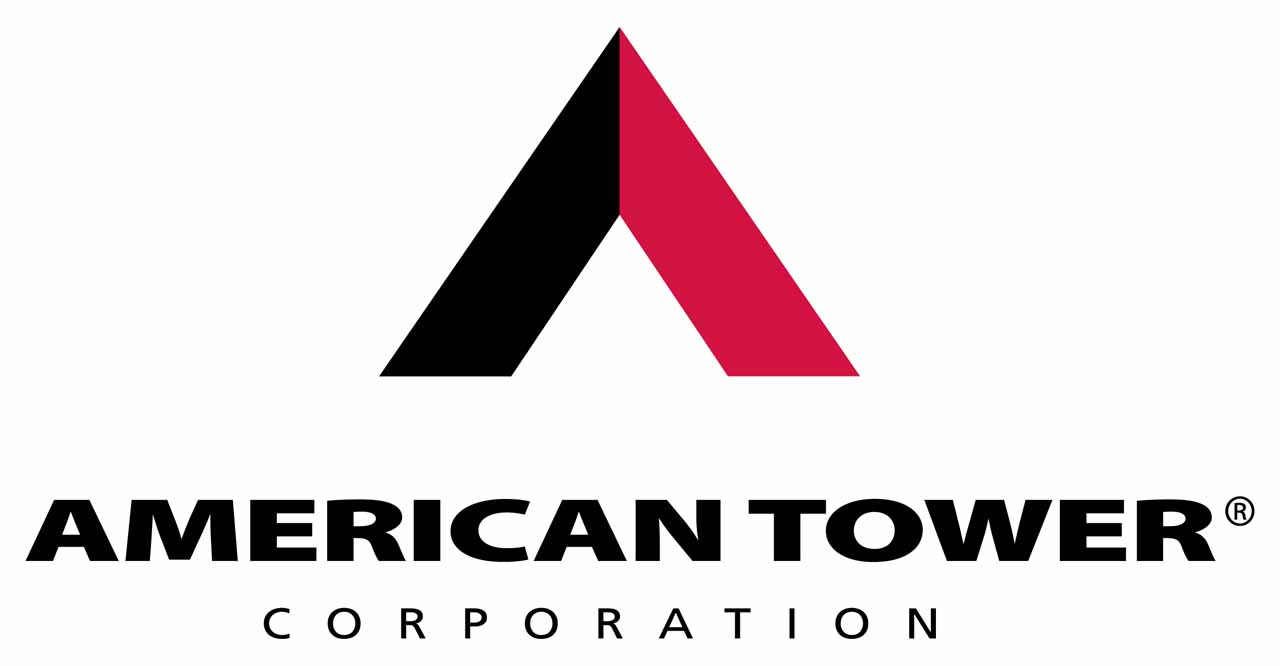
American Tower
- Market value: $93.5 billion
- Dividend yield: 1.7%
- American Tower (AMT, $211.07) is a telecom-infrastructure REIT that owns roughly 171,000 communications sites worldwide, including 41,000 in the U.S. Its solutions include cell towers, broadcast towers, antennas and even "smart" light poles. It serves a wide array of customers, but it's primarily known in America for powering cell service for telecoms such as AT&T (T), Verizon Communications (VZ), Sprint (S) and T-Mobile US (TMUS).
The company was founded in 1995 in Boston as a subsidiary of American Radio. But it was spun out when American was bought by CBS Corp. (CBS) and Viacom (VIAB) in 1998. It became a REIT in 2012.
A secret to American Tower's early growth was its purchase of microwave relay towers from the old AT&T long-distance company, which it repurposed as cell phone towers. The company began international operations soon after it was formed, expanding into Mexico in 1999 and launched operations in Brazil in 2000.
AMT shares only yield 1.7% right now, which is less than you're getting from a 10-year Treasury. But it's not for lack of effort on management's part. The dividend has grown every single quarter since American Tower became a REIT in 2012, and has exploded by 170% over the past five years. But the stock has more than doubled during that same time frame, suppressing the yield at current prices.
Shares have pulled back by about 10% over the past couple weeks, thanks to uncertainty from the Sprint/T-Mobile merger and Indian telecom carrier consolidation. But Cowen's Colby Synesael (Outperform, equivalent of Buy) writes that the dip is a buying opportunity. He recently raised his price target, from $238 per share to $260, citing decent third-quarter results and the potential for stronger upside in 2020.
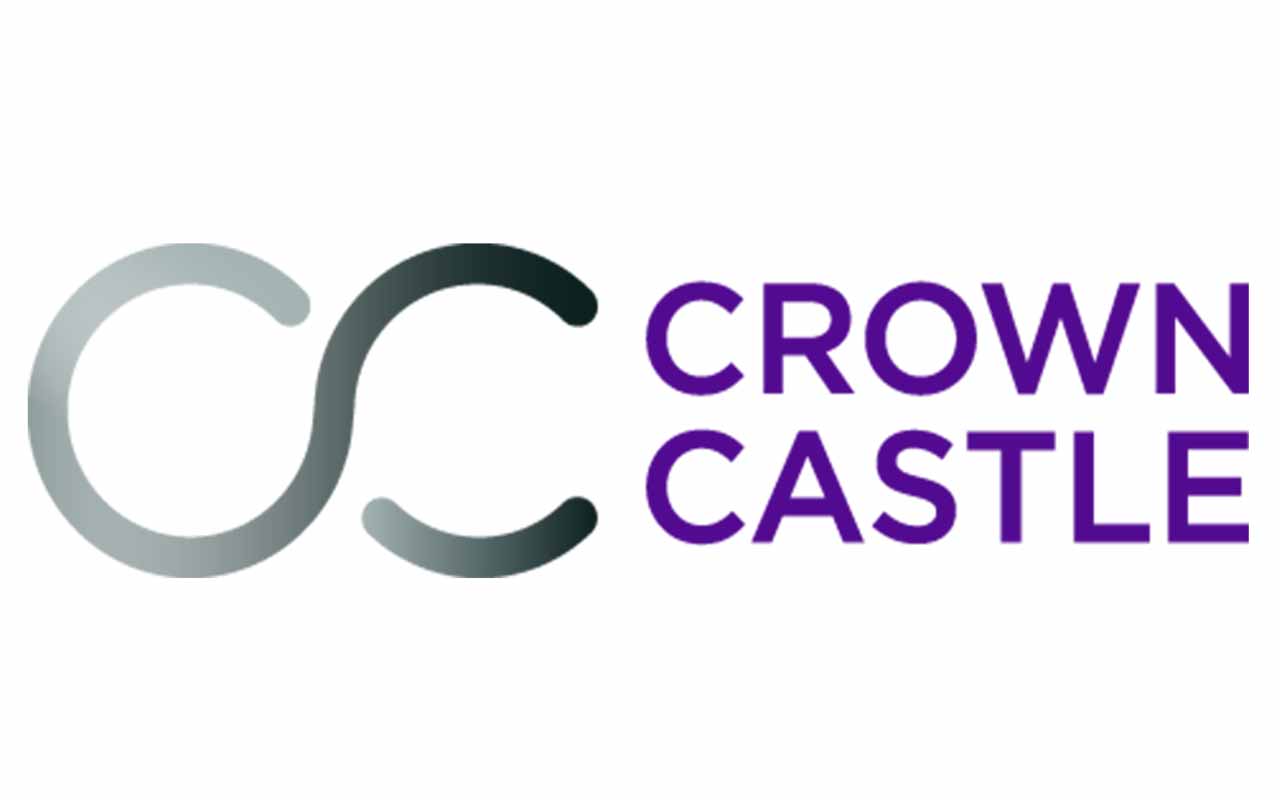
Crown Castle International
- Market value: $55.9 billion
- Dividend yield: 3.6%
- Crown Castle International (CCI, $134.50) was founded in Houston in 1994 with 133 cell towers in Texas. The REIT now owns more than 40,000 cell towers across the U.S., as well as roughly 70,000 small cell nodes, which are attached to infrastructure such as signposts or streetlights to help support coverage.
Crown Castle has always been acquisitive. It acquired a rival tower operator, Global Signal, in 2007, then entered tower leasing agreements with T-Mobile and AT&T early in the current decade, adding 17,000 more towers and doubling in size. The long-term leases on these towers help support a stable and growing dividend.
What distinguishes Crown Castle from American Tower is its strategy after becoming a REIT. Instead of buying more cell towers, it began buying fiber cable networks – first Sunesys, then Fibernet Direct, then Wilcon and Lightower. It now has more than 75,000 route miles of fiber, making it one of the largest such networks in the U.S.
These kinds of technologies will provide the backbone for America's expansion into 5G, which in turn means Crown Castle, American Tower and similar infrastructure companies will have no shortage of demand.
Crown Castle hasn't bulked up its dividend as aggressively as American Tower, but the payout has still improved by 46% over the past five years. Its current yield, however, is more than twice that of AMT.
SunTrust analyst Greg Miller reiterated his Buy rating on CCI shortly after the company announced a third-quarter earnings beat and dividend hike. He's encouraged by the company's 2020 outlook for funds from operations (FFO, a vital REIT profitability metric), and thinks the company should be able to adequately tackle carriers' needs as they deploy their 5G systems.
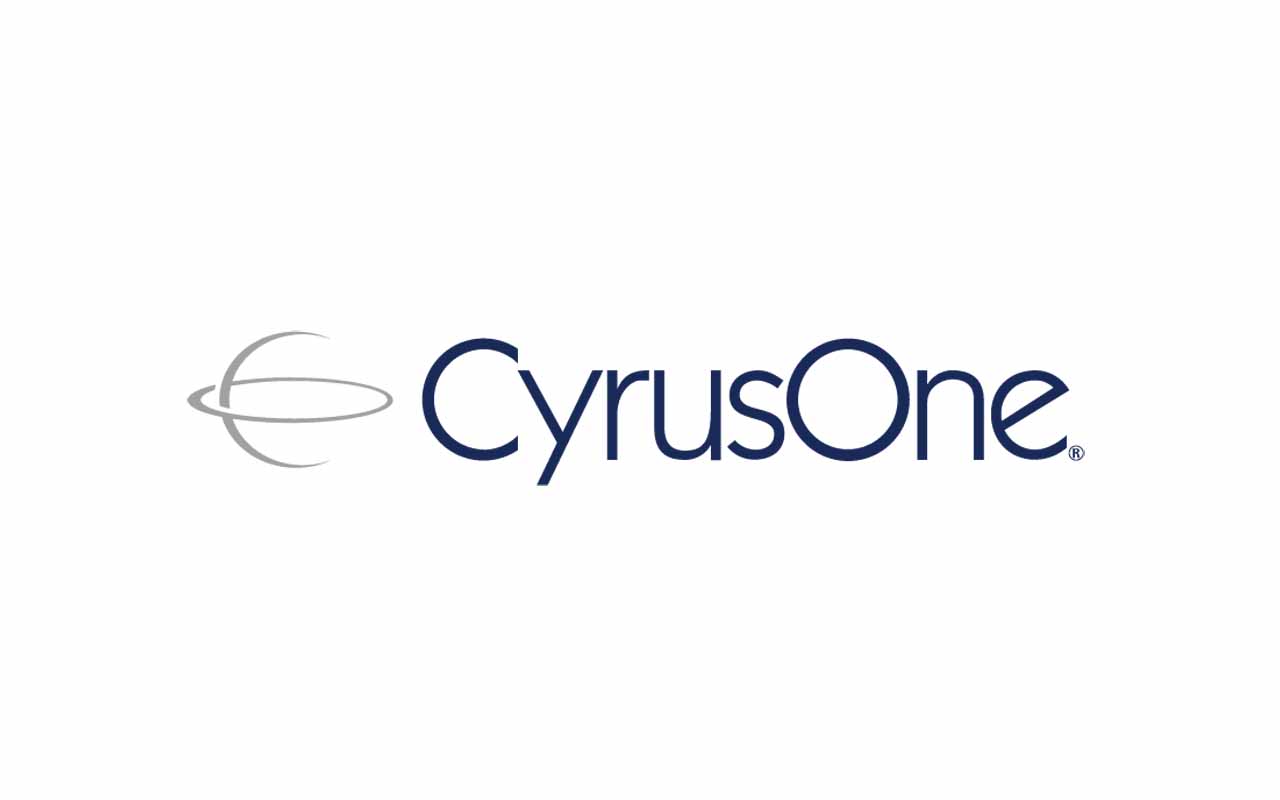
CyrusOne
- Market value: $8.0 billion
- Dividend yield: 2.8%
- CyrusOne (CONE, $70.43) is a data-center owner and operator that's also organized as a REIT. It was formed in 2001, acquired in 2007 by ARBY Partners, acquired again in 2010 by Cincinnati Bell (CBB), then eventually spun off in an initial public offering in 2013.
CyrusOne now has 45 data centers worldwide, serving almost 20% of the Fortune 1000, and it's America's third largest data-center provider. Its solutions allow customers take advantage of cloud platforms such as Amazon Web Services and Microsoft Azure.
Tim Chubb, chief information officer at King of Prussia, Pennsylvania-based wealth advisory firm Girard, says, "The blazing-fast adoption of enterprise cloud platforms as well as the broader use of the Internet of Things and AI, will lead to substantial demand for the data center industry for years to come."
Indeed, CyrusOne has been growing like a weed, with normalized FFO sprouting from $112.9 million in 2014 to $332.3 million in 2018. However, several analysts have downgraded the stock this year amid weak results in 2019 and worries about demand for hyperscale solutions, which can grow and shrink as a business requires. Nonetheless, UBS analysts expect CONE "to benefit from (long-term) secular trends in the data center industry."
This REIT delivers on the income front, too. It has grown its payout by 138% over the past half-decade, though the stock's 163% ascent over that time has kept a lid on the yield.
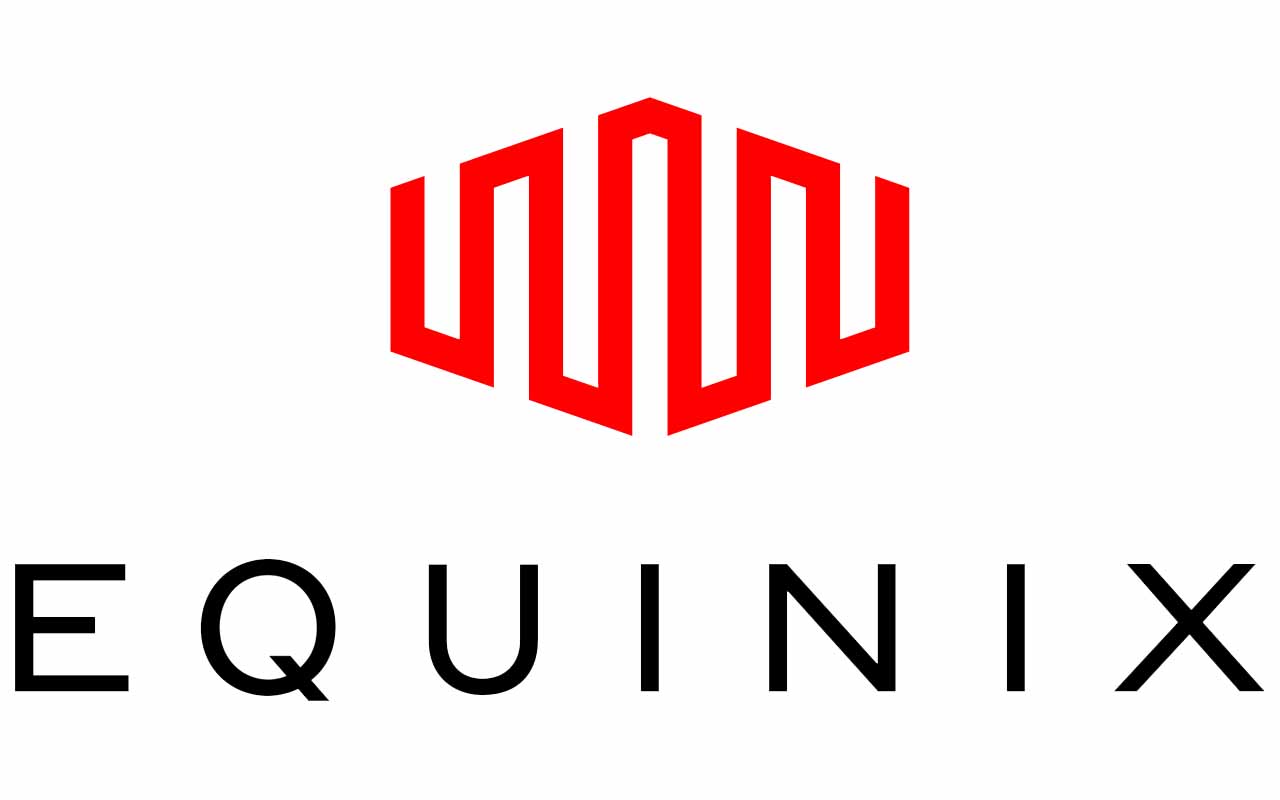
Equinix
- Market value: $46.3 billion
- Dividend yield: 1.8%
- Equinix (EQIX, $543.20) is another data-center REIT, this one founded in 1998 by two facilities managers at Digital Equipment Corp., which eventually merged with HP Inc. (HPQ).
Equinix spent its first decade growing primarily through acquisitions, buying other large colocation owners (colocation centers allow businesses to rent space for physical hardware such as servers) in Asia and Europe through 2010. Since then, it has more than tripled the number of data centers it owns. It became a REIT in 2015.
Equinix' secret sauce is its Network Edge, a service on its global Equinix Cloud Exchange Fabric that lets customers "select, deploy and connect launch new virtual network services at the edge in minutes, with no additional hardware requirements." This differentiates Equinix's offerings beyond real estate and basic connectivity. Technology analyst firm 451 Research has given the idea its "Firestarter" award. Research director Dan Thompson said it means customers can "easily reach infrastructure in any one of its 200 datacenter facilities around the world."
The analyst community is widely bullish on this REIT, with 12 of 13 analysts tracked by TipRanks doling out Buy-equivalent ratings on the stock over the past three months. Among them: Wells Fargo's Jennifer Fritzsche (Outperform), who raised her price target on EQIX from $545 per share to $620. She says the company's strength in smaller-footprint metro-market bookings is more evidence of the company's "moat."
The dividend, meanwhile, has been adjusted 46% higher since the company converted to a REIT structure in 2015.
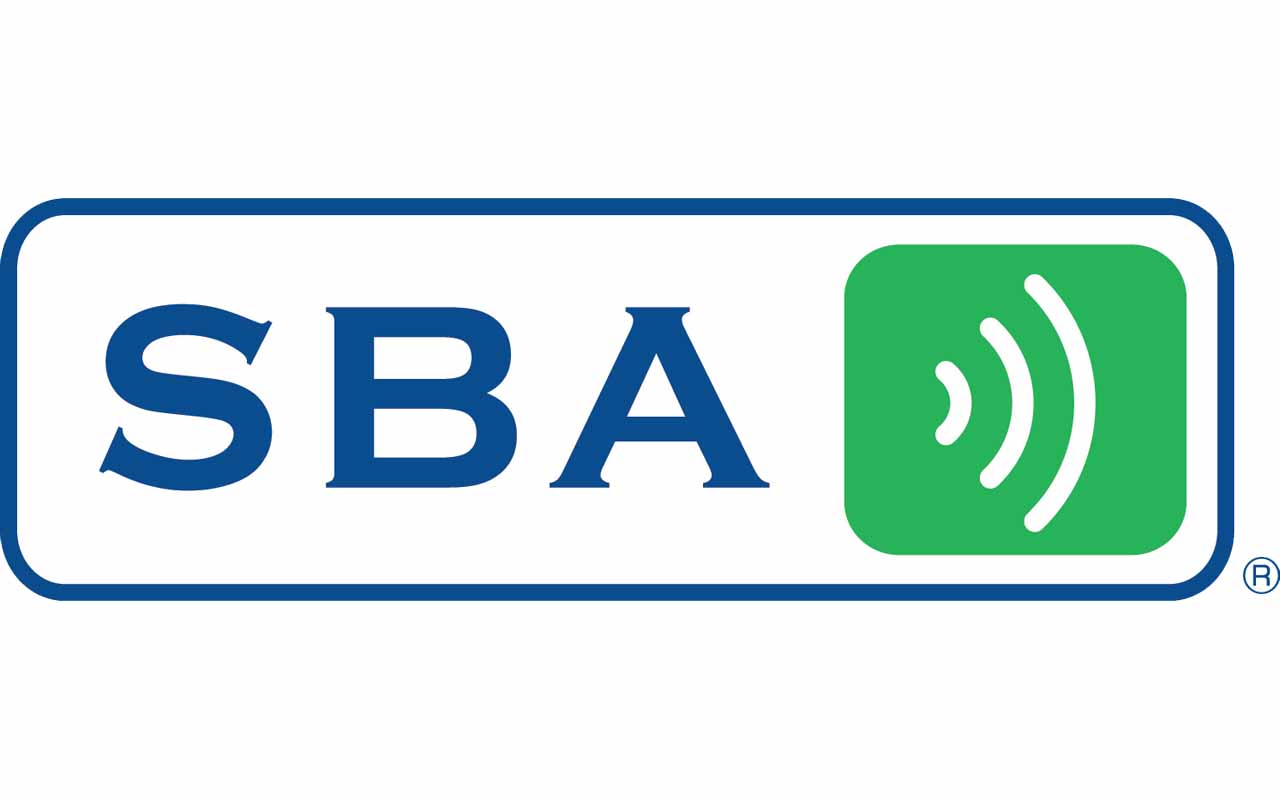
SBA Communications
- Market value: $26.4 billion
- Dividend yield: 0.6%
- SBA Communications (SBAC, $234.60) is, like American Tower and Crown Castle, an owner and leaser of communications infrastructure. It was founded in 1989 and has expanded its operations to include North, Central and South America. SBA views itself as a developer as well as an operator, working with property owners "to strategically develop and monetize the wireless infrastructure potential of their real estate assets" and working with wireless service operators to acquire sites, then build them out.
Also like AMT and CCI, SBA Communications expects the deployment of 5G technologies to fuel the company's growth. SBA crossed the $500 million quarterly revenue mark earlier this year, and CEO Jeffrey Stoops says, "we believe that strength will continue into 2020 as our customers remain on a multi-year path to provide 5G service."
SBA also has a budding opportunity in South Africa. In August, the company closed on its $140 million buyout of 94% of a joint venture in South Africa, which includes roughly 890 towers. SunTrust analyst Greg Miller raised his price target in July, from $217 per share to $255, writing that second-quarter earnings and the announcement of the JV acquisition supported his long-term bull case.
This REIT is an odd one, in that it became a real estate investment trust in 2016, but didn't pay dividends for years. It was allowed to do so because it used net operating loss (NOL) carryovers from previous years to offset its taxable income. But it finally initiated a dividend earlier this year – a 37-cent quarterly payout that translates into a currently meager yield.
However, if SBAC's dividend growth mirrors any of the other REITs on this list, current shareholders should enjoy a much more substantial yield on cost within a few years.
Profit and prosper with the best of Kiplinger's advice on investing, taxes, retirement, personal finance and much more. Delivered daily. Enter your email in the box and click Sign Me Up.

-
 How Much It Costs to Host a Super Bowl Party in 2026
How Much It Costs to Host a Super Bowl Party in 2026Hosting a Super Bowl party in 2026 could cost you. Here's a breakdown of food, drink and entertainment costs — plus ways to save.
-
 3 Reasons to Use a 5-Year CD As You Approach Retirement
3 Reasons to Use a 5-Year CD As You Approach RetirementA five-year CD can help you reach other milestones as you approach retirement.
-
 Your Adult Kids Are Doing Fine. Is It Time To Spend Some of Their Inheritance?
Your Adult Kids Are Doing Fine. Is It Time To Spend Some of Their Inheritance?If your kids are successful, do they need an inheritance? Ask yourself these four questions before passing down another dollar.
-
 What Fed Rate Cuts Mean For Fixed-Income Investors
What Fed Rate Cuts Mean For Fixed-Income InvestorsThe Fed's rate-cutting campaign has the fixed-income market set for an encore of Q4 2024.
-
 The Most Tax-Friendly States for Investing in 2025 (Hint: There Are Two)
The Most Tax-Friendly States for Investing in 2025 (Hint: There Are Two)State Taxes Living in one of these places could lower your 2025 investment taxes — especially if you invest in real estate.
-
 The Final Countdown for Retirees with Investment Income
The Final Countdown for Retirees with Investment IncomeRetirement Tax Don’t assume Social Security withholding is enough. Some retirement income may require a quarterly estimated tax payment by the September 15 deadline.
-
 Is Netflix Stock Still a Buy After Earnings, Price Hikes?
Is Netflix Stock Still a Buy After Earnings, Price Hikes?Analysts were bullish on Netflix stock ahead of its earnings beat, but what is Wall Street saying now? We take a closer look.
-
 The 24 Cheapest Places To Retire in the US
The 24 Cheapest Places To Retire in the USWhen you're trying to balance a fixed income with an enjoyable retirement, the cost of living is a crucial factor to consider. Is your city the best?
-
 Stock Market Today: Stocks Rally on Strong Netflix Earnings
Stock Market Today: Stocks Rally on Strong Netflix EarningsMega-cap tech leads the charge as markets rise for a sixth straight week.
-
 Netflix Stock Jumps to the Top of the S&P 500 After Earnings. Here's Why
Netflix Stock Jumps to the Top of the S&P 500 After Earnings. Here's WhyNetflix stock is spiking Friday after the streaming giant beat third-quarter expectations and gave an upbeat fourth-quarter outlook.
-
 Stock Market Today: Nasdaq Spirals as Netflix Nosedives
Stock Market Today: Nasdaq Spirals as Netflix NosedivesA big earnings boom for credit card giant American Express helped the Dow notch another win.
